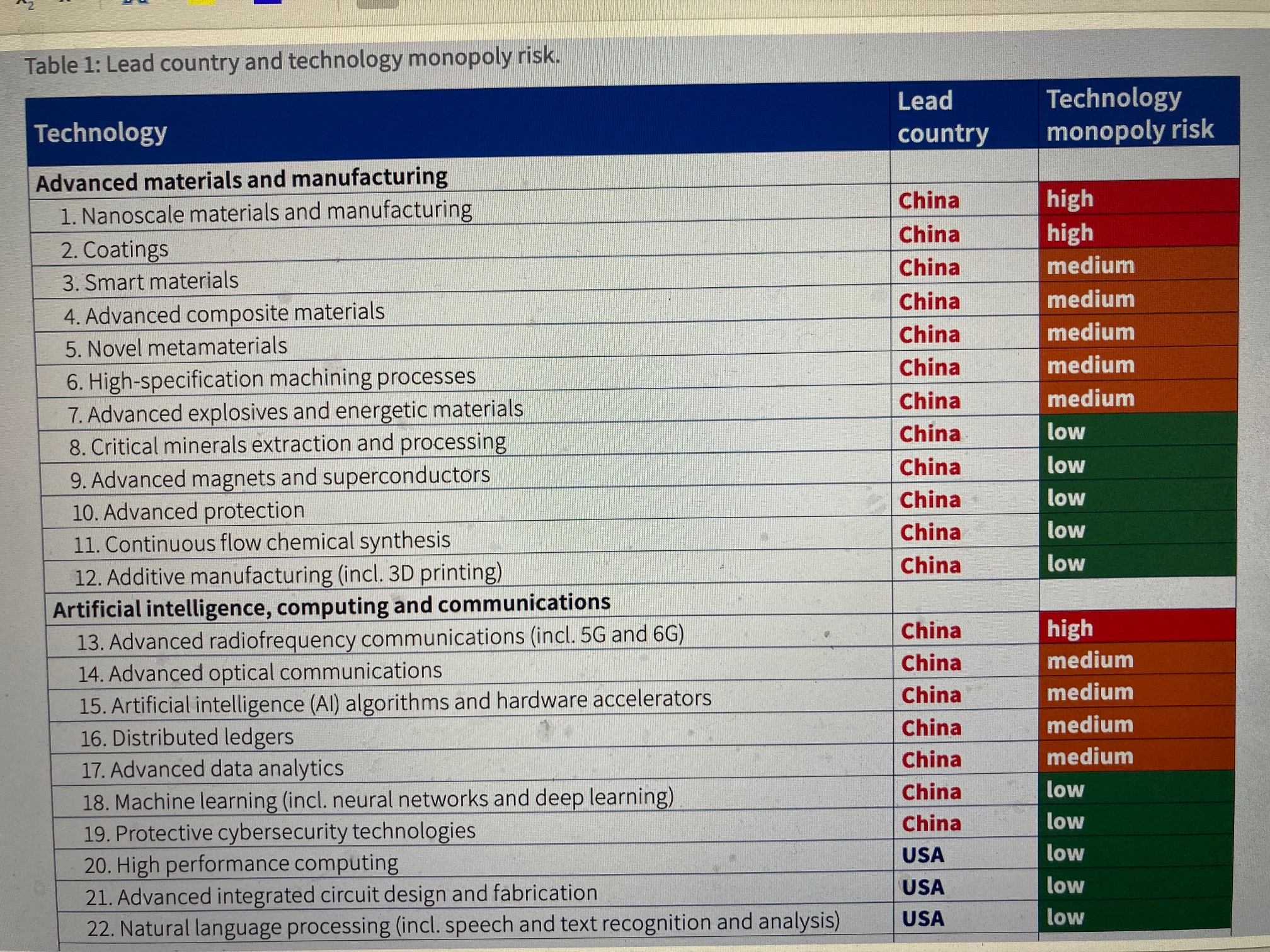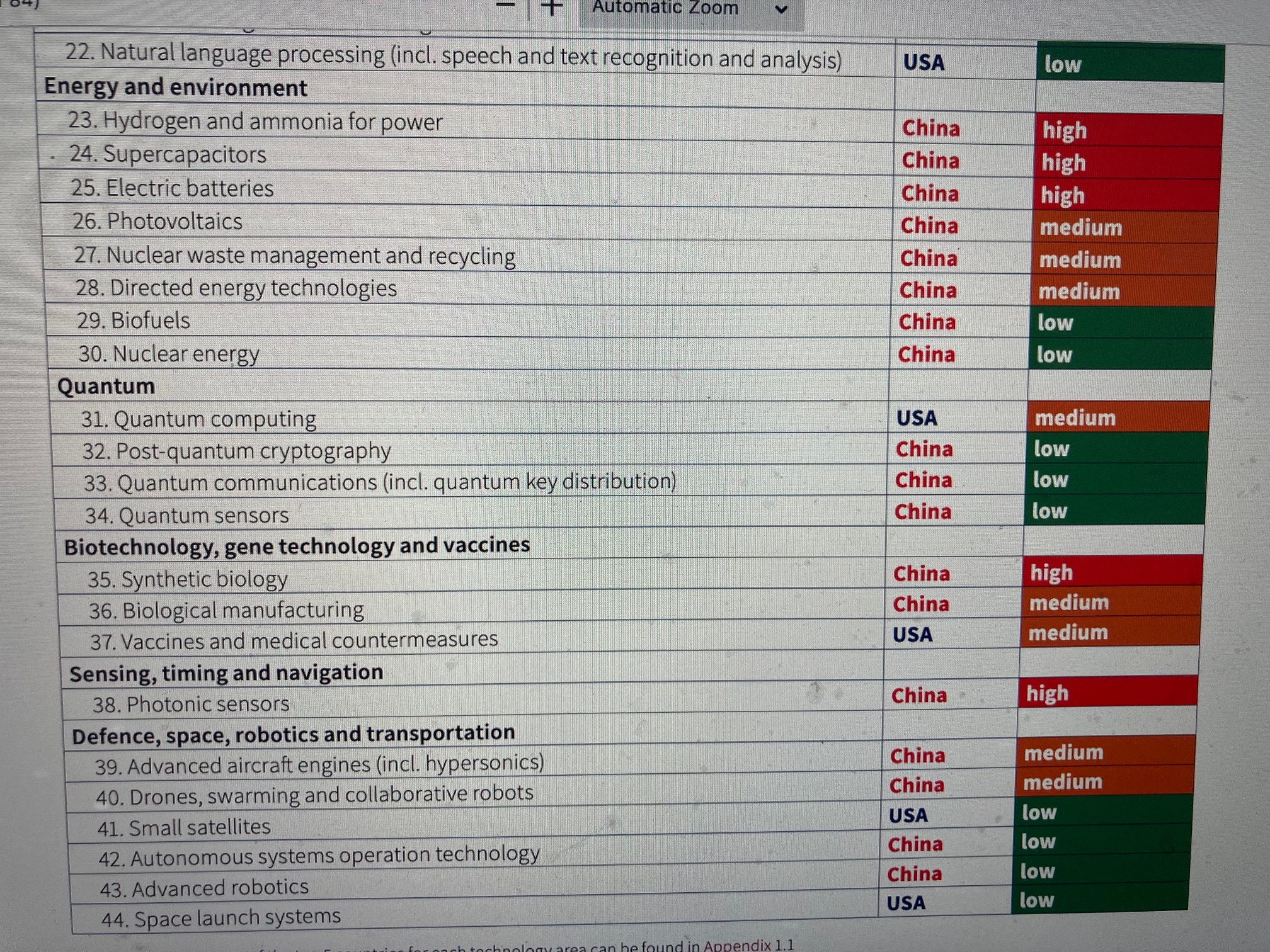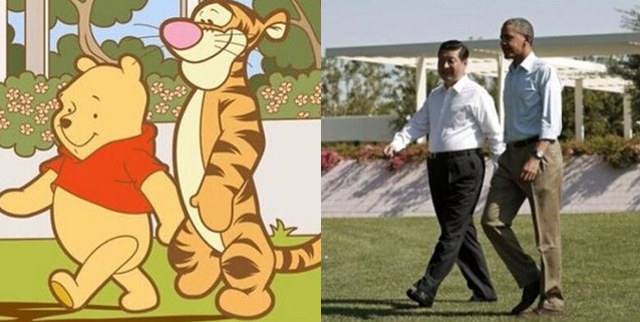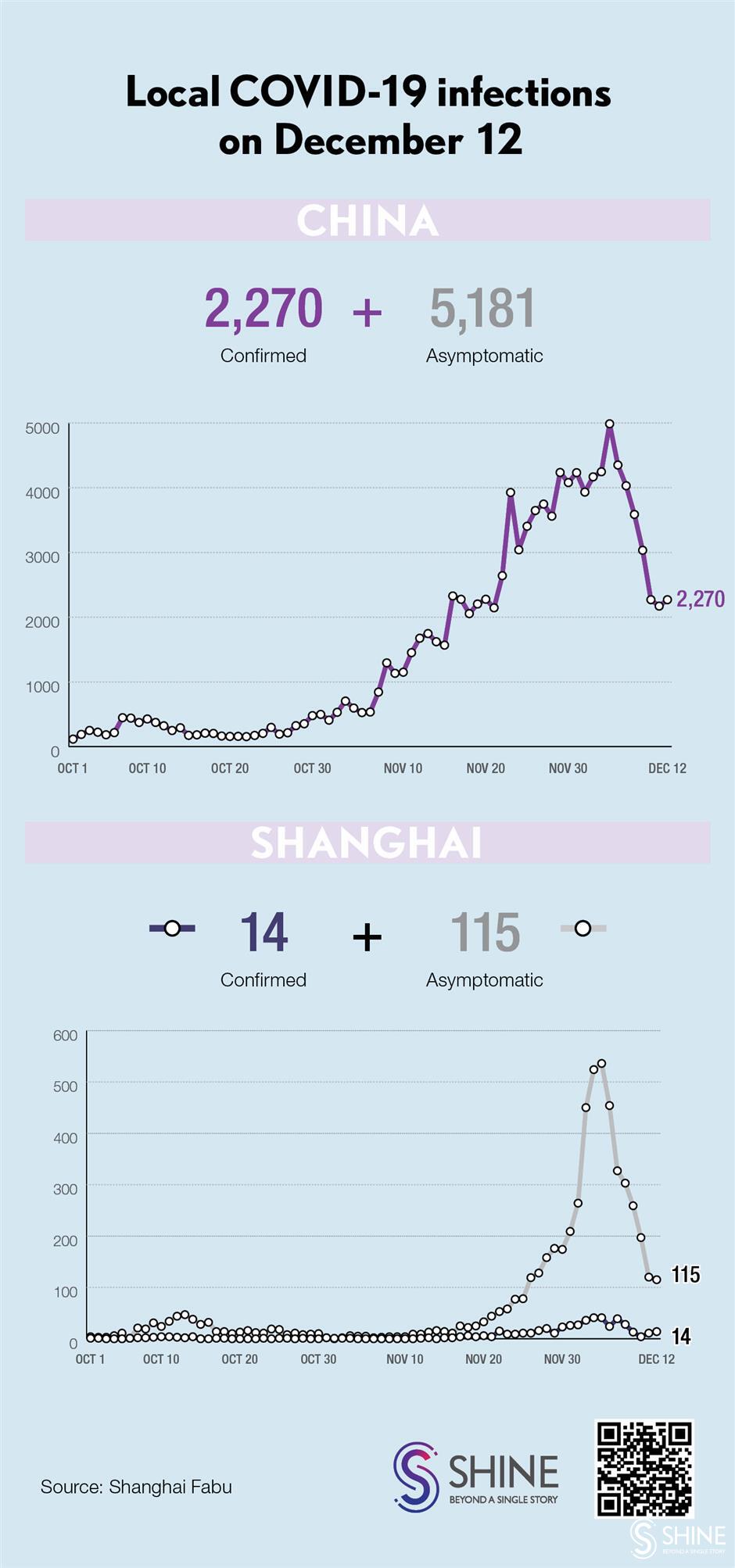Written back in June. Seems like ages ago, but the virus in all its forms is still with us, even after the election. And the Covid-19 vaccine will have 0% effectiveness on the political virus. Michelle Goldberg back then on the recent NYT Tom Cotton op-ed business –
It’s important to understand what the people around the president are thinking. But if they’re honest about what they’re thinking, it’s usually too disgusting to engage with. This creates a crisis for traditional understandings of how the so-called marketplace of ideas functions. It’s a subsidiary of the crisis that has the country on fire.
GOP
Current GOP policies and posturing would have disgusted Republicans prior to the Gingrich era. As Adam Serwer pointed out in the Atlantic two years ago, the cruelty is the point. Lying, fake news, and garbled messages are the tactics. It seems the GOP has learned all too well from watching CCP over the years. These two political parties have similar approaches to truth.
In America, the crisis that Goldberg points to metastasizes mostly in the fever swamps of Trumpworld-GOP. Congressional candidate (now freshman congressperson) Marjorie Taylor-Greene is our best current example. This woman has espoused missile attacks as responsible for 9-11, Qanon conspiracies, and published racist posts about immigrants and Islam. She is welcomed by the national GOP to a prospective seat in the US Congress.
At this late date – November 30, 2020 – few national Republican figures have acknowledged Biden’s victory. Instead, some have pressured local officials to ignore the law or their consciences and fail to certify vote results. A few officeholders have resisted. Courts have tossed wildly fantastic GOP proposals to recount, invalidate, or simply ignore votes that come from heavily Democratic areas.
This is posturing with no evidence. It is, in fact, pretty similar to the performative declamation used by CCP members to indicate subordination to the leader. In this case, the GOP is focused on US domestic affairs, but the practice can be applied anywhere.
CCP
For CCP the posturing applies with no less rigor to foreign affairs, though the marketplace of ideas is not the venue. The venue is the goodwill of authoritarian regimes and international organizations everywhere. The Paracels and Spratleys are only being explored for scientific research. The ancient historical borders of China include Tibet, Xinjiang, and Inner Mongolia. United Front organizations must closely monitor words and actions of Chinese students overseas to make sure they remain safe in the west. Such pronouncements are performative, and meant to intimidate the world. They often succeed.
Values east and west – CCP and GOP
Simply, the concept for both the GOP and CCP is the same – “We have our values. You must respect those values, even if they tread on your values. Our values are sovereign, your more pluralistic or open values are weak and negotiable.”
There are well-rehearsed themes. For Trumpworld-GOP, honest reporting on government actions or what supporters think and do is “fake news” and biased against them. For CCP, honest foreign reporting on government actions in Xinjiang, Hong Kong, Tibet, the South China Sea, Doklam or Ladakh are interpreted as bias against China, the west trying to destroy China.
A victim mentality is salient in both Trumpworld-GOP and CCP, but only as a ruse. The cry for understanding masks the knife sliding into the ribs of the opposition. For Trumpworld-GOP, the enemy is that portion of the polity committed to fairness in results, concern for environment and the future, and a fairer distribution of resources, public and private. For CCP, the enemy is that portion of the world polity committed to human rights, free speech, and honoring of treaties. Honesty, fairness, and ability to trust are the real victims for both Trumpworld-GOP and CCP. For both, these values just get in the way of libido dominandi, the urge to dominate.
The theory of news reporting says reporting should be “fair and balanced” but this is simply not feasible when one viewpoint is particularly onerous and dangerous, or falls far outside the realm of a normal marketplace of ideas. You can’t debate with someone who thinks the earth is 6000 years old.
Reporting “on the one hand, but on the other hand” fails. And we see the failure of free speech remedies – more speech is not necessarily a remedy to hateful or lying speech. Once speech is out there, social media easily magnifies. It is crying “fire” in a crowded theater.
Failure of a free speech model in social media
In the US, the GOP and its minions take full advantage of laxity in media regulation, all in the name of free speech. Lies, conspiracies, and wild musings flourish – Q-anon, the black helicopters, birtherism, immigrants as criminals. And not all of the postings originate from Russia, China, Iran or Trumpword. The progressive left is at fault as well, although I think the present danger comes more from the right. In these cases, free speech does not make us more free.
Social media is not the same as the lone guy standing on a soapbox in Union Square park in Chicago. The soapbox preacher reached Earl Williams, the jailed mope in the classic movie His Girl Friday. Now, the social media cum soapbox preacher (and much worse) has Hildy Johnson’s readership (and much more).
The threat to democracy
Years ago, some waxed enthusiastic about the potential of social media to democratize public thought. More speech would result in more democracy.
The results, fifteen years later, are complex. Just as the telephone made distant interaction among friends and family possible, it also made such interaction less valuable, because it was so available. The telephone both centralized and decentralized commerce, as writer Bob Yovovich likes to note.
Today, social media is the destruction of democracy, whether social media left or social media right. We fail to control it, and it gives the lone soapbox guy in the park too much power. It might not be so destructive if all posts had a 24 hour quarantine, sort of isolating in place. Or real name registration. In the old days, the soap box guy couldn’t use a megaphone and had to provide his name and address if pressed.
CCP has the more sophisticated understanding of the power of social media, and controls it. Google, Facebook, Twitter, Youtube have all been banned for years. The Chinese versions – weixin, weibo, renren, or youku tudou do allow discussion and some personal expression of anger online. The difference is that the anger and lies are controlled. Real name ID is a big help, as is the ability to shut down posts and comments, not unlike monitored private blog sites in the US.
A modest proposal
Monitoring might be a step in the right direction – all social media posts to have a 24 or 48 hour built-in delay before posting. This might calm some of the more crazed citizens out there, akin to comedian Jim Jefferies’ rant on guns – having to load an 18th century musket might help some outraged nut calm down a bit – Part 1 and Part 2 here.
As it is, social media minimizes thinking, maximizes emotional reaction, and negates evaluation. All work to eliminate the informed and educated voter that democracy needs. Little wonder that CCP works so hard to control online speech.
The two parties – GOP and CCP – do work toward the same goal. Trumpworld-GOP will bring down democracy if allowed. That would be fine with CCP. One more competitor out of the way. As Chinese say, shuang-yin. Win-win.


 I have no particular expertise in commenting on any of these assessments. But no snarky comments needed.
I have no particular expertise in commenting on any of these assessments. But no snarky comments needed.  Source:
Source: 

Comments on the new Foreign Relations Law- why its called a one party-state
There are several good American lawyer blogs on Chinese law. Most prominent in my mind is Harris Bricken, which contains information on current and past cases dealing with businesses and law in China. The China collection features posts by several academic attorneys with China experience, including Donald Clarke, Ling Li, and Carl Minzner.
Don Clarke has some comments on the new Foreign Relations Law. I’m not a lawyer – I don’t even play one on tv – but three comments on Don Clarke’s comments.
(1) Most important – and this is something I’ve thought about for years, but never seen made explicit – is the intentional vagueness of law. Clarke –
Overall, the FRL doesn’t really do very much in terms of actual law. In a country like the United States, with a constitutionally divided government, you need a concept of foreign relations law and a set of associated doctrines in order to sort out which branch of government has the authority to do what. In a unitary Leninist state such as China, that kind of law is unnecessary and indeed makes no sense. There is a single party-state, and it has the inherent authority to do whatever it wants.
The FRL basically says that the state shall do this and that, and is empowered to do this and that, but pretty much all of that would have been the case without a FRL.
Laws of the United States are pretty general also, and require clarification and interpretation by administrative agencies and the court system. What is different in China is the ability of different ministries or agencies, both government and CCP, to administer a single law or regulation. You never know who might be watching and for what purpose. Vague law allows the leader to do as he wishes.
(2) Also of interest is CCP writing itself into the law, when usually in the past it has been the ghost in the machine rather than an operating agency. Clarke –
Article 5 writes into law the leading position of the Communist Party in China’s foreign policy. The reality of this is of course nothing new or unusual, but explicitly writing it into law, in realms both minor and major, is part of a pattern we have increasingly seen in the Xi era. For example, the 2022 revisions to the 1986 Regulations on the Administration of Geographic Names added a requirement that some names must be approved by the Party Center. Article 44 of the State Security Law, enacted in 2015, grants an unnamed “central state security leading organ” (中央国家安全领导机构)—by which is meant the Party’s State Security Commission, established in 2014—the power to establish and coordinate a national security system, and Article 63 gives it the power to deploy state resources in emergencies. And of course the 2018 revision to the Constitution wrote the Party’s role into the main text (Article 1) whereas previously it had been only in the preamble.
I suppose if CCP is defacto “leading the people” it might as well take a bit of credit ….
(3) One more element of interest (to some of us, anyway) – The new Foreign Relations Law writes that any treaty or foreign agreement that impinges on Chinese security or social welfare is inherently unconstitutional. Interpretation of “security” or “social welfare” is what lawyers are for in the US, and any number of administrative agencies in China are able to do. They don’t need to agree on definitions. Clarke, again –
… (A)rticle 31 states that the implementation and application of treaties and agreements may not harm state sovereignty, security, or social welfare. Let’s take these one by one.
First of all, the whole point of many treaties is precisely to limit the sovereignty of the parties. They used to be able to do as they liked in some realm, and now they have promised not to do whatever they like, but instead to comply with some promise. Thus, to say that treaty promises don’t have to be implemented where they infringe on sovereignty is to make those promises meaningless.
One might say, “Oh, they don’t mean that.” But China’s recent practice has made it clear that they do mean that.
Second, what does “security” or “social welfare” mean? These go beyond the straightforward idea that a government simply lacks the power to agree to violate its own constitution or law. We are now in the realm of judgment calls about vague terms. China is reserving to itself the power to renege on its promises essentially whenever it finds it inconvenient to keep them. China would not of course be the first or only state to do this, but as far as I know it’s pretty unusual to write this justification openly into domestic law. It should be taken seriously by any state thinking of entering into treaty relations with China about anything. Don’t say you weren’t warned.
Of course this gives China an out on any treaty or agreement, whether with businesses or governments or international organizations, when someone in CCP decides that security or social welfare are now being harmed by agreements formerly agreed to. You see this working in the raids earlier this year on three international consulting businesses in Beijing and Shanghai. Of particular interest to businesses and writers is the extraterritorial element of this new law. China intends to apply its laws to actions by businesses or word or deed done outside Chinese jurisdiction (Article 32 of the new law). China may arrest foreigners for what they have said or done when outside China. This is in line with the kidnappings in prior years of Chinese in foreign countries, and returning them to China for adjudication, but now that law will apply to … well, everyone in the world. CCP, uber alles.
What we also see is further writing of CCP into its leading role in Chinese law. Everyone knows that CCP is in charge, but it is becoming more explicit under Xi. And further evidence for my contention that the best way to look at CCP is to see it as an occupier, occupying the Chinese people. Not a foreign occupier, but an elite that gathers special benefits and all power to itself without much reference to the wishes of the general population. CCP almost starts to look like the GOP occupying state legislatures on legislative districting and voting and law.
A translation of the Foreign Security Law from China Law Translate is available here.